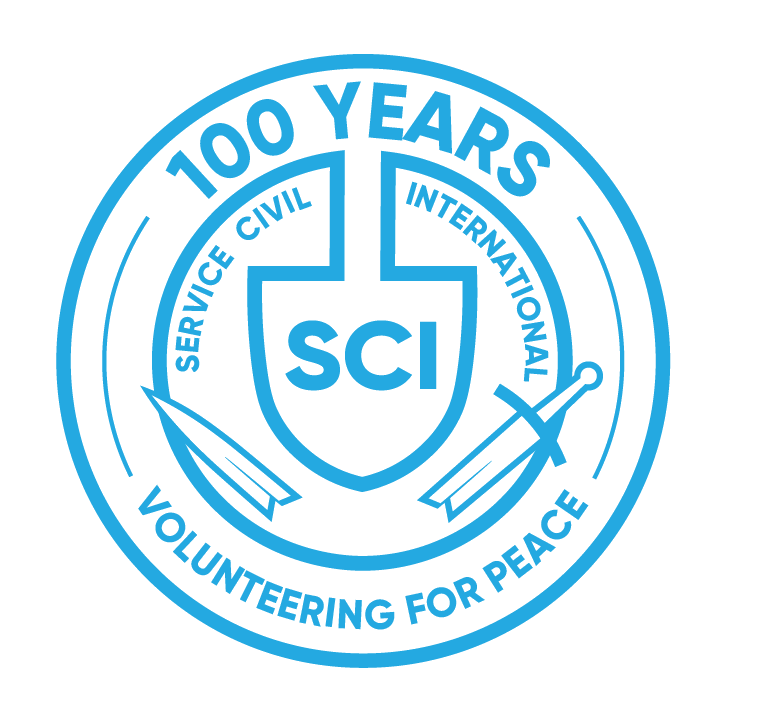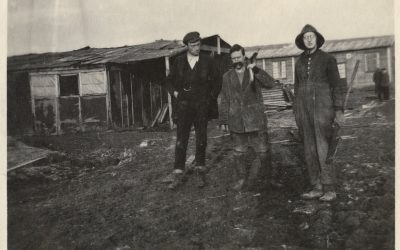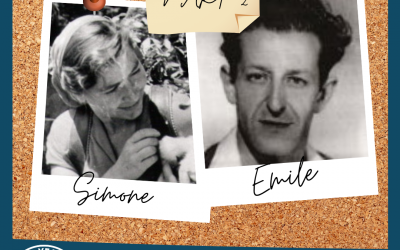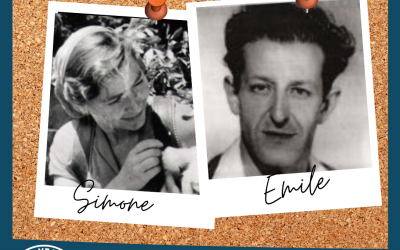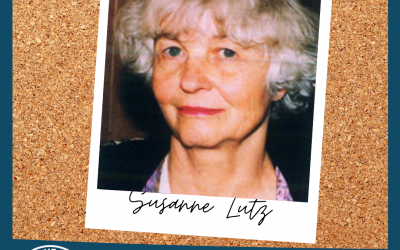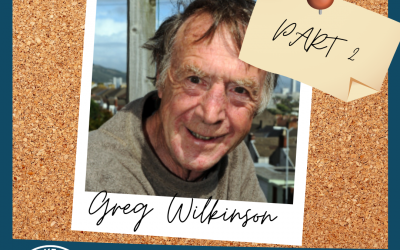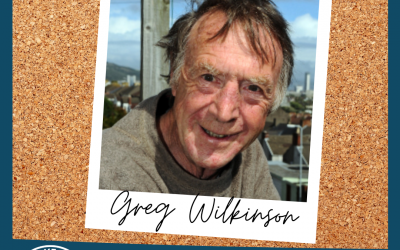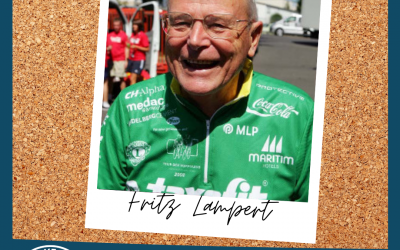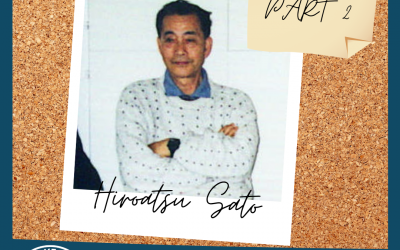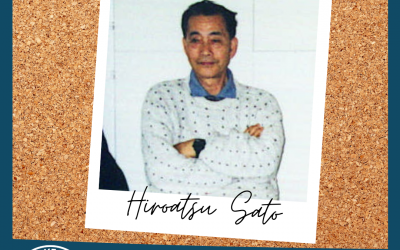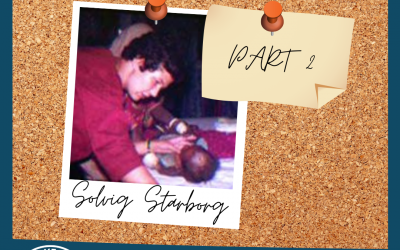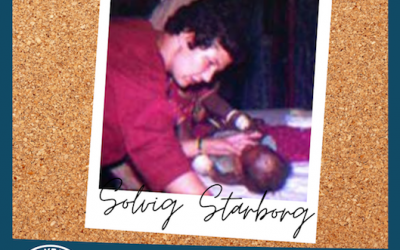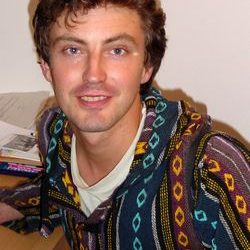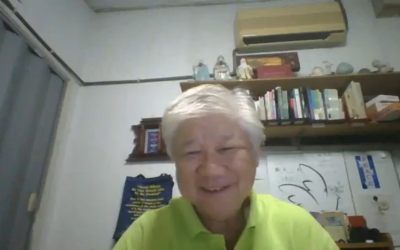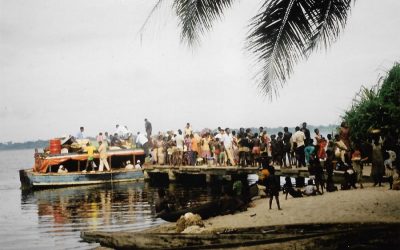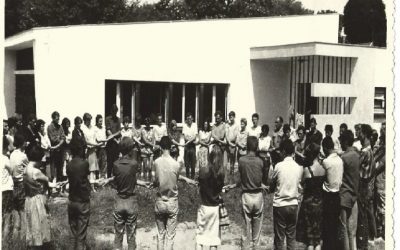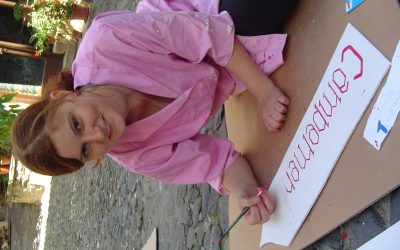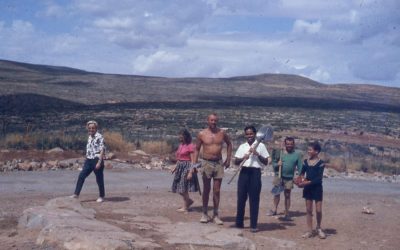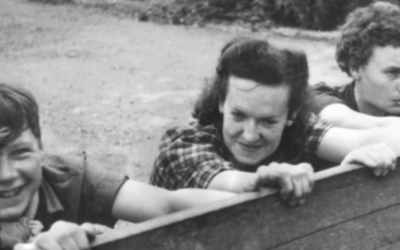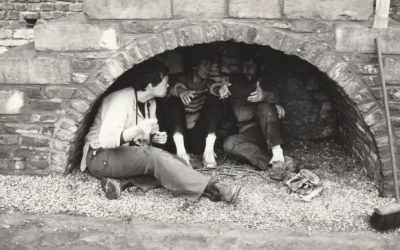our Stories
about deeds
The world we know has not always been like this,
but how has it been then? Check what volunteers of the past have to say.
100 years of “first workcamp” – the continuation (part 3)
The third part of the report on the first workcamp which had started in November 1920 in Esnes.
100 years of “first workcamp” – the continuation (part 2)
The continuation of the first workcamp starting in November 1920 in Esnes, a war-destroyed village in Eastern France.
100 years of “first workcamp” – the continuation
The history of the circumstances around the first SCI workcamp dating back to the 1920s and the birth of the idea of “international workcamps” for reconciliation and reconstructions.
Memories of Emil and Simone Tanner – Chaumet. – Part 2
by Paul Lafon , 2 September 1962. (Text translated by David Plamer and Greg Wilkinson) Caught between an unhelpful French administration, and growing racial hostility in the country, this task was also to prove impossible. While trying to maintain an S.C.I. presence,...
Memories of Emil and Simone Tanner – Chaumet. – Part 1
The last volunteer story of our series “100 years of volunteers” in which the remarkable life of Simone and Emil is told.
100 Years of Volunteers: Susanne Lutz
Susanne shares her volunteering experience throughout her life going into detail about her adventures in different parts of the world and the friends she has made along the way!
Greg Wilkinson – Early 1955, Mannheim (Part 2)
The second part of the memories from the workcamp in Mannheim. This time Greg shares his latest visit to Mannheim and the changes it went through since the workcamp.
Greg Wilkinson – Early 1955, Mannheim (Part 1)
In the first half of his story, Greg Wilkinson describes in length his workcamp experience in Mannheim in 1955. These are his memories of the stories he and his friends have made throughout this workcamp.
The story of Fritz Lampert
Fritz Lampert, a pediatrician from Erlangen, Germany, tells the story of how he joined the Service Civil International as a volunteer doctor and found himself in a battered French fort near the Berber village of El Khemis, in the barren Tell-Atlas mountains in Western Algeria near the border with Morocco.
The story of Hiroatsu Sato – Part 2
In the second part of Sato’s story, we get to know how he started his SCI work in Japan and the idea of permanent agricultural projects was formed in his mind, which today is practiced in a large number of SCI branches across the globe.
The story of Hiroatsu Sato – Part 1
Part 1 of the story of Hiroatsu Sato who found his way to SCI 10 years after the war ended in 1955 and started his life as a volunteer and took on the responsibility as a citizen of the world.
The story of Solvig Starborg – Part 2
In the 2nd part of Solvig’s story, the end of her volunteering in India is recounted and the struggle to adapt back to “normal life” that a lot of volunteers are familiar with gets explored once she returns to Sweden, her home country.
The story of Solvig Starborg – Part 1
Solvig Starborg’s story began with a book about Buddhism that inspired her to embark on a journey to India. Follow along on her volunteer experience which is full of friendships, visa issues, and of course SCI.
100 Years of Volunteers – The life of Pierre Ceresole
The life-long journey of Pierre Ceresole, which offers a glimpse into what led to the birth of Service Civil International.
Wilbert in Croatia, 1993
What did we take from that: everything! A philosophy of life. Meeting with others, the fact that men can live completely differently on the other side of the world but that they ultimately have the same values: mutual aid, solidarity, respect and listening to other, the pleasure of doing things in common, the fact of being able to live with little …
My 5 decade, 5 Phase of Volunteering with SCI
Stephen Nah, from SCI-Malaysia (Official), shares his 50 years with SCI movement, from his twenties to his sixties, through bachelorhood, marriage, parenthood and now grandparenting. He talks about his first workcamp, which took place in 1970, just out of high school. Striking a balance between career, studies and parenting. He explains how to organize workcamps, forums, swims, runs, meetings, makan makan. On his part, he found it fun, challenging sometimes, but always spiritually rewarding!
Denis and Joëlle
What did we take from that: everything! A philosophy of life. Meeting with others, the fact that men can live completely differently on the other side of the world but that they ultimately have the same values: mutual aid, solidarity, respect and listening to other, the pleasure of doing things in common, the fact of being able to live with little …
Philippe
This workcamp was for me the occasion of experiencing concrete friendship. It was also an initiation to site management, I have been able to observe and learn camp leaders’ duties and role and took an interest in it. It made me want to get more deeply involved in this kind of projects. Of course it brought me international openness and more globally openness of mind.
Maria
I picked a workcamp in France with a very interesting task for the volunteers: we had to prepare a fantasy festival in the small town of Billom, Auvergne. I had started to learn French at school some years before, so I thought this could be a good opportunity to use the language and improve my skills.
But I think the biggest motivation for me was the adventure: going somewhere I had never been before and meeting people I had never met before.
Fritz
The days were hot, the nights cold, with rain often dripping through the shattered roof. We slept on the ground. And every night we each had to inspect our mattress to be sure that no scorpions were hiding under there, or worse in the sleeping bag. Sometimes there was still shooting going on at night.
Arthur
I doubt that most human beings can be conditioned by a single experience. A personality is built from a diversity of experiences and commitments, as well as the goals that we have set for ourselves. As far as I am concerned, the work sites of the SCI and other voluntary activities have certainly determined my orientation.
Paolo
I was 24 y.o. in 1986, when I took part in my first voluntary workcamp. I was about to graduate at university in Rome. At that time military duty was compulsory in Italy and consciousness objectors were very few. If they decided for an alternative civil service they were forced to serve 20 months instead of.
